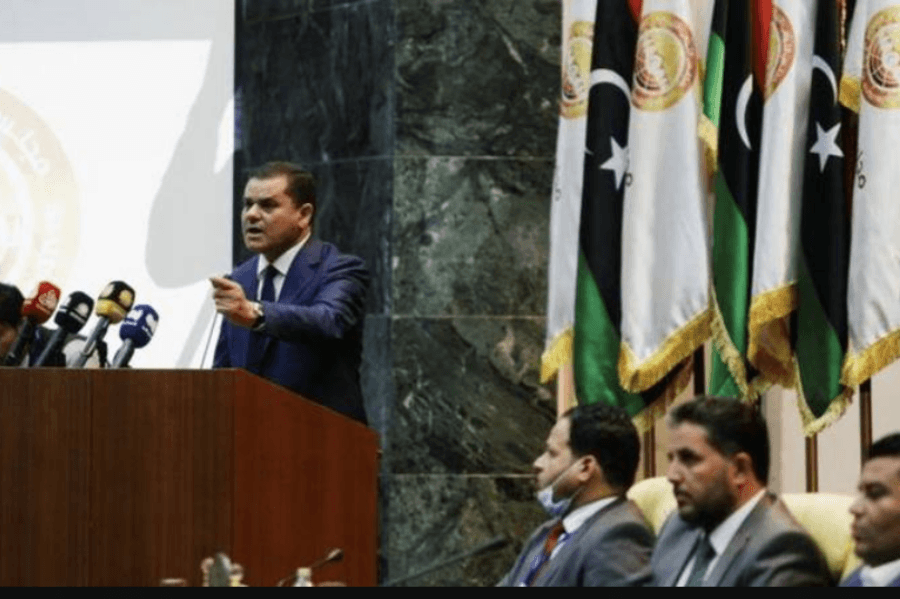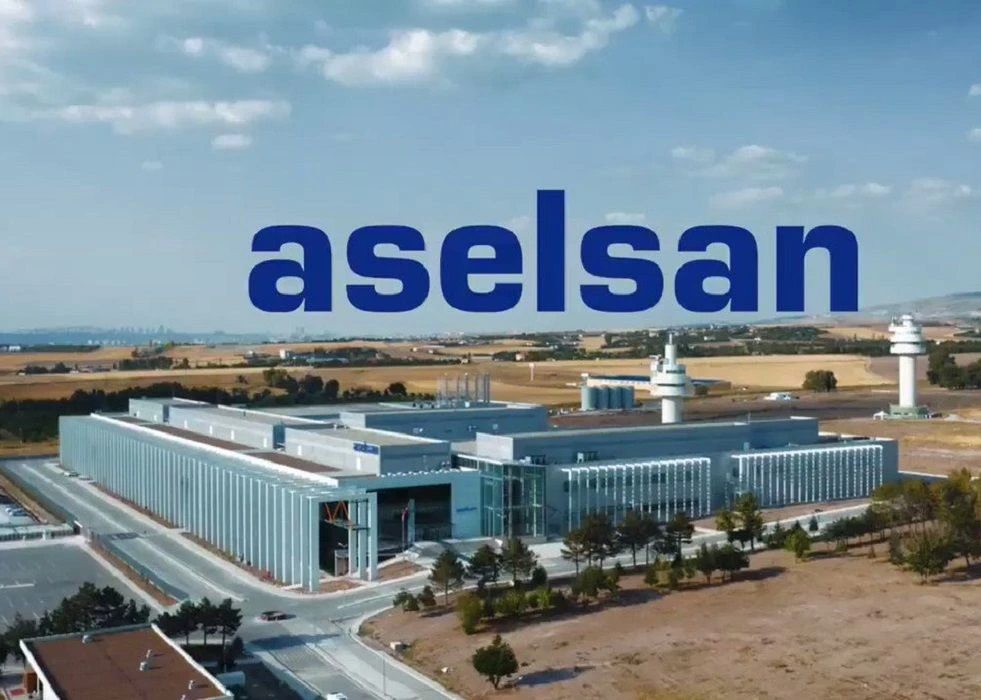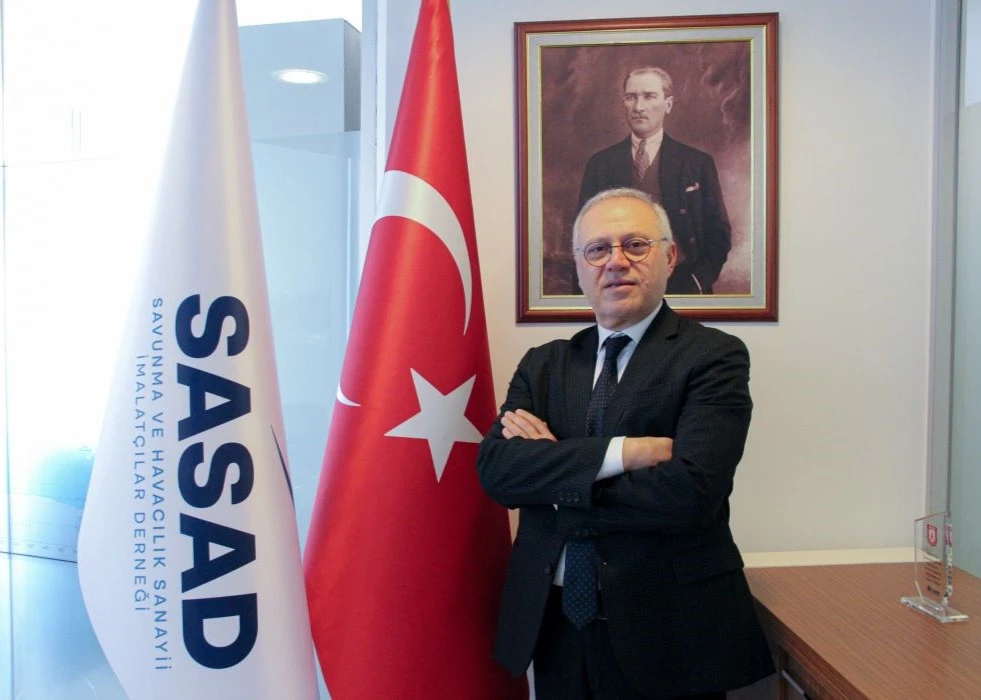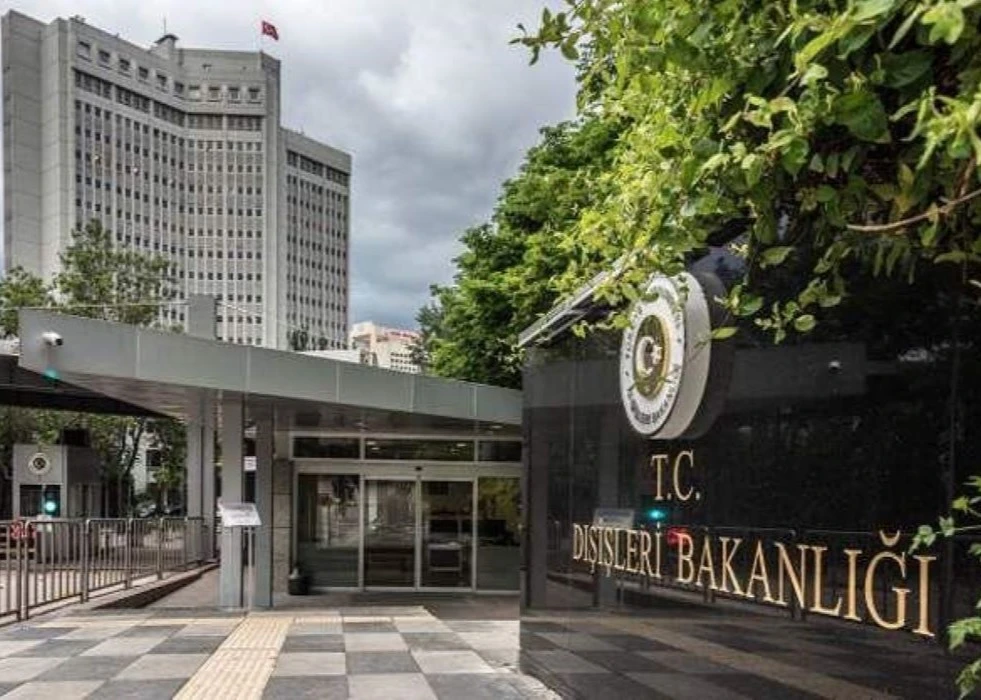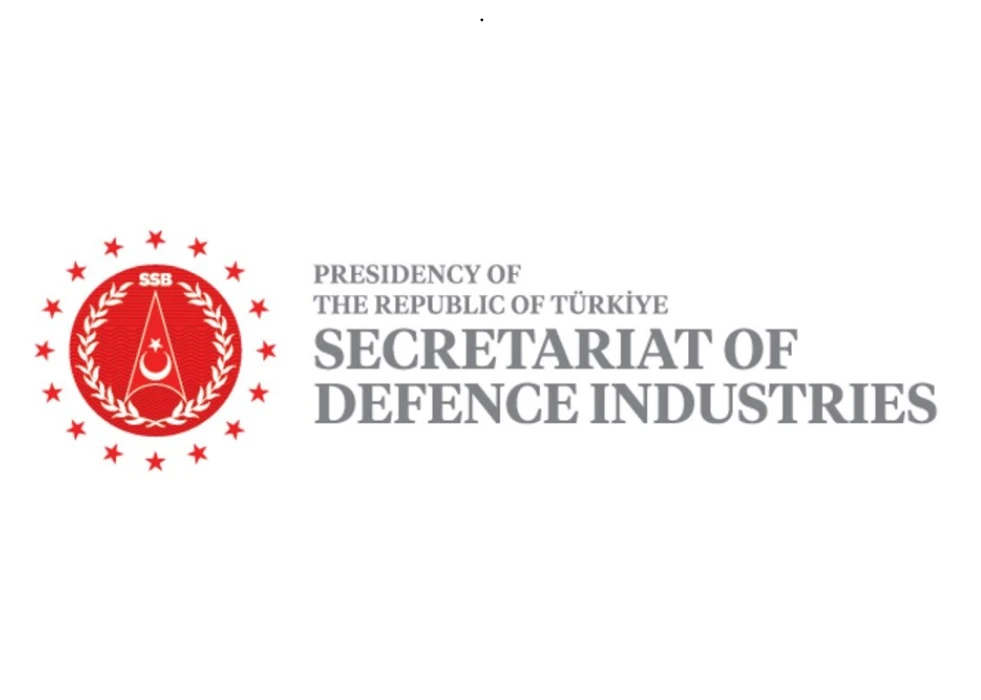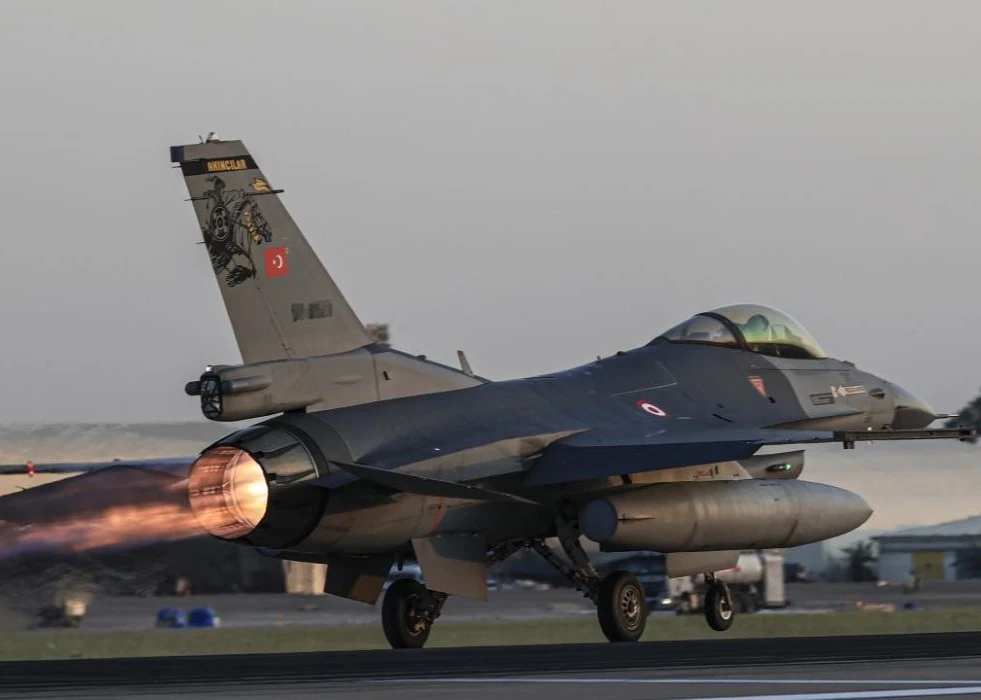Libya’s new Prime Minister Abdulhamid Dbeibeh’s cabinet got 132 votes to two against from parliament. “Through this vote, it became clear that the Libyans are one unit,” Dbeibeh told parliament afterwards. Libyan parliament began sessions in the coastal city of Sirte for a vote of confidence in the new interim government. The city is stabilised last summer after the internationally recognised Government of National Accord (GNA) pushed Khalifa Haftar’s eastern-based Libyan National Army (LNA) back from Tripoli.
Since Monday, the members of the House of Representatives have met in for a vote of confidence. Set to be held on Monday, the voting was postponed to Tuesday and then to Wednesday.
Holding free parliamentary and presidential elections in such circumstances in 2021 will be an immense challenge. However, all sides have formally committed to do so. First, the constitution must be amended - another problematic undertaking.
Dbeibeh proposed a unity government of 27 members on Saturday, promising that the government prioritise “improving services, unifying state institutions, and ending the transitional period by holding elections.”
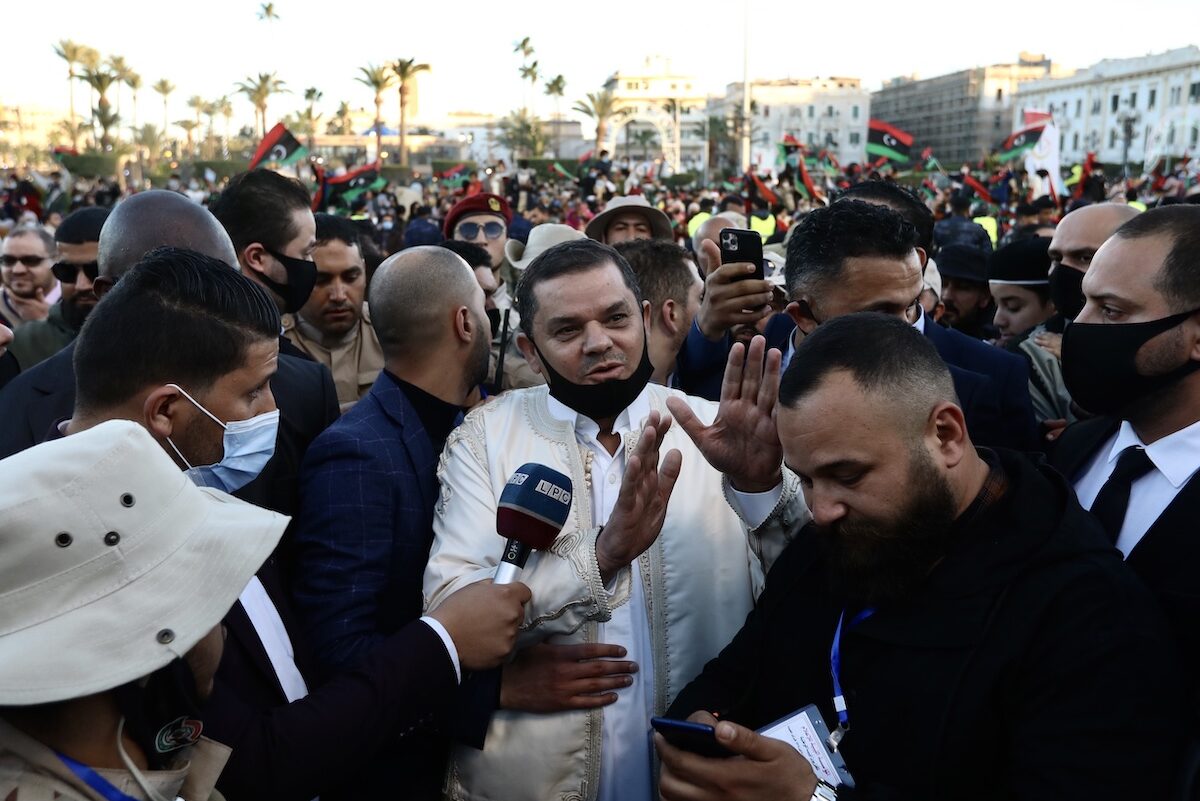
On Feb. 5, Libya’s rival political groups agreed in UN-mediated talks to form an interim unity government to lead the country to elections this December. Dbeibeh was designated as the prime minister and tasked to form a new government.
Libya has been split for years between the internationally recognised Government of National Accord in Tripoli and a rival administration in the east backed by Khalifa Haftar’s Libyan National Army.
Russia’s Wagner mercenaries, sent to Libya to support Haftar, remain entrenched around Sirte and other parts of the country. The United Nations had accused them of lacing southern Tripoli areas with booby traps when they pulled out last year, causing dozens of civilian deaths.
Haftar was also backed by the United Arab Emirates and Egypt, while Turkey supported the GNA. Dbeibeh said on Tuesday that economic deals the GNA struck with Turkey should stand.
Both Libya’s rival administrations are now supposed to be replaced by Dbeibeh’s unity government, made up of 35 cabinet members intended to reflect regional and political factions.

